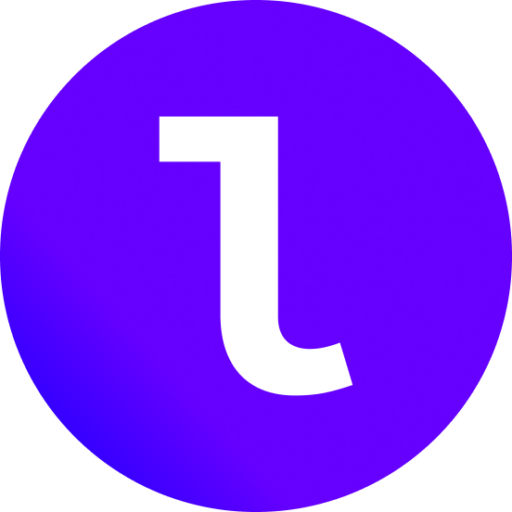Full-time
Hybrid
Research

Experienced quantum information scientist (error correction)
Research
Description
Quandela, a leader in the development and commercialization of quantum computers based on the manipulation of single photons, is seeking a highly skilled and motivated experienced research scientist to work on quantum error correction for photonic architectures.
You will be part of the theory team of the Research & Development department, a dynamic and rapidly growing team. You will have opportunities to get involved in all aspects of its research, to contribute to its research agenda and hiring campaigns, to develop collaborations with partner academic groups, to publish in leading peer-reviewed journals and present your work at international conferences, and to supervise PhD students and junior researchers.
Your role will also involve interactions with the hardware and software teams working on the development of our photonic quantum computing platform.
Responsibilities
- Develop Quantum Error Correction (QEC) protocols for photonic quantum computing
- Participate in the design and development of fault-tolerant quantum computing architectures
- Explore and design the full QEC stack: simulation of fault-tolerant thresholds, implementation of logical gates, design of efficient decoders…
- Collaborate with the hardware and software teams to integrate error correction protocols in our quantum computing platform and partner academic groups
- Undertake and supervise high-quality original research in the field of QEC
- Publish in leading international journals and conferences
- Keep up to date with the latest developments in QEC and related fields
Requirements
Preferably PhD + 3 years of post-doctoral research experience (or equivalent), in academia or in industry, in Computer Science, Physics, Mathematics or a related discipline, with a focus on quantum information science
- Strong background in the field of quantum error correction
- Proven track record of high-quality research in the field
- Strong analytical and problem-solving skills
- Ability to take initiatives and to work effectively both independently and within teams
- Strong oral and written communication skills
- Familiarity with programming languages and tools for scientific computing will be appreciated
Benefits
A diverse, dynamic, and challenging research environment
- Academic collaborations with expert researchers world-wide
- All means necessary to carry out high-impact research
- Strong potential for fast career development within a rapidly growing company
- Private health insurance
- Employee profit-sharing scheme
- Meal, transport and gym subsidies
- Hybrid and flexible working
